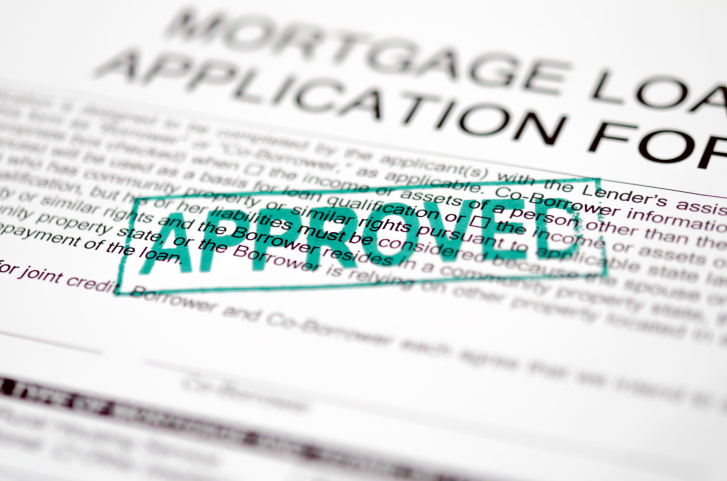Why An Emergency Fund Is Important

There’s almost a guarantee that at some point in the future you’re going to face an emergency. Like most things in life, that emergency is going to require money to solve. You can’t assume that you’ll have the funds to face the emergency when it happens. You can’t even assume that you’ll have enough on your credit cards to pay for it. The only safe way to plan is to have an emergency fund.
What Is An Emergency Fund?
An emergency fund is a reserve of cash set aside for emergencies only. It’s not a savings account, because you’re not saving up for anything in particular like a new sofa or a dining set. It’s strictly money on hand to be used in an emergency.
What Constitutes An Emergency
As a homeowner, you could face any number of emergencies regarding your property. An emergency is something unexpected and urgent. In other words, you couldn’t foresee it happening, yet it needs to be taken care of right away. Examples of homeownership emergencies are:
- Basement floods and needs to be drained and contents cleaned
- Tree falls on roof, and you can’t wait for insurance check
- Furnace dies in the middle of winter
- Central air system dies and there’s a high deductible on your insurance policy
- Water tank gives out a week before your big family holiday
How To Manage an Emergency Fund
The key thing about an emergency fund is that it needs to be instantly accessible. Instantly accessible means you should only have to use your debit card or write a check to use it. You shouldn’t have to sell stock or transfer money out of your retirement IRA. It should also be kept separate from other funds, so it doesn’t get confused with the Christmas gift fund or the college fund.
Why Have An Emergency Fund?
Emergencies shouldn’t cause catastrophic damage to your finances. With consistent, small saving habits, you can build up an emergency fund so you can easily and readily take care of maintaining and repairing your home. This is part of good homeownership. When you have an emergency fund, you know that you can always keep your home in tip-top shape.
 If you are planning on purchasing a home in the near future, you need to make sure you have enough money saved up. While there are a lot of expenses that go along with purchasing a home, the biggest expense is the down payment.
If you are planning on purchasing a home in the near future, you need to make sure you have enough money saved up. While there are a lot of expenses that go along with purchasing a home, the biggest expense is the down payment. Right now, mortgage rates have fallen to rates that haven’t been seen in years. This opens the door for many people to apply for a mortgage that they previously may not have been able to afford. Sadly, not everyone who applies for a mortgage is going to be approved. There are a few steps that applicants can take to increase their chances of getting their mortgage application approved.
Right now, mortgage rates have fallen to rates that haven’t been seen in years. This opens the door for many people to apply for a mortgage that they previously may not have been able to afford. Sadly, not everyone who applies for a mortgage is going to be approved. There are a few steps that applicants can take to increase their chances of getting their mortgage application approved.